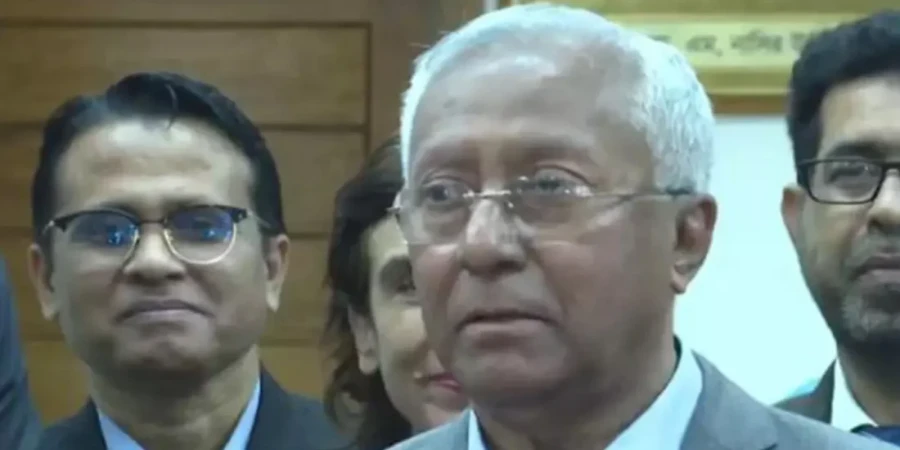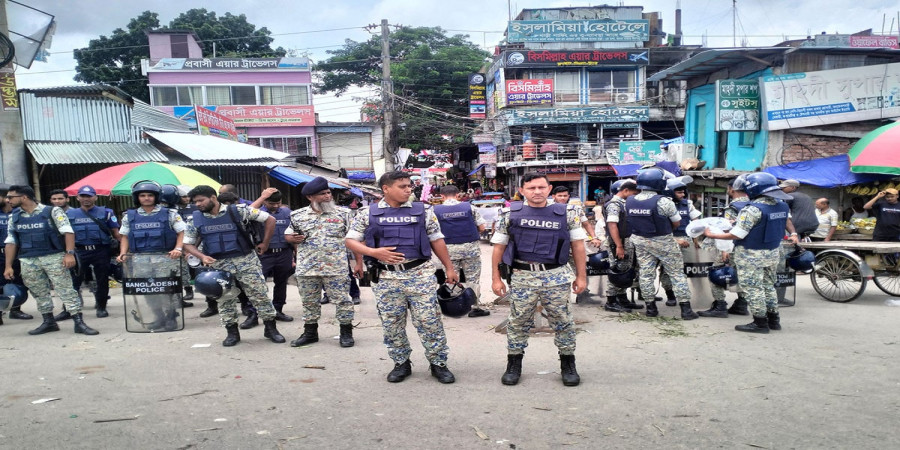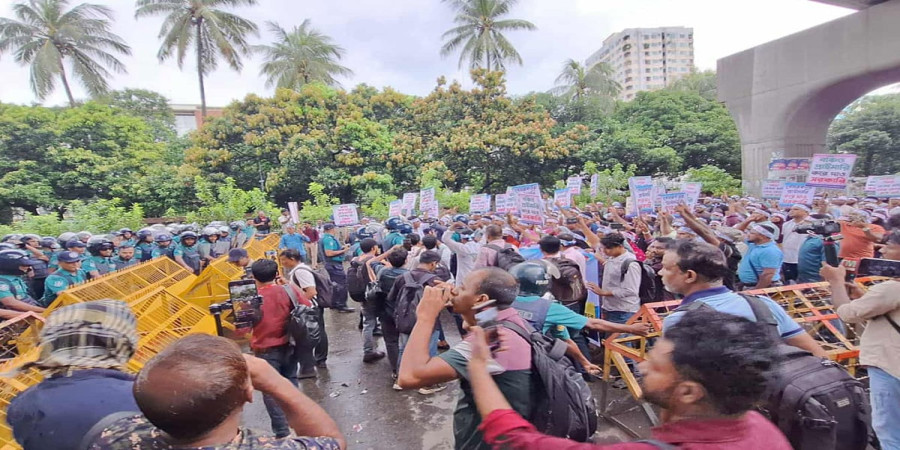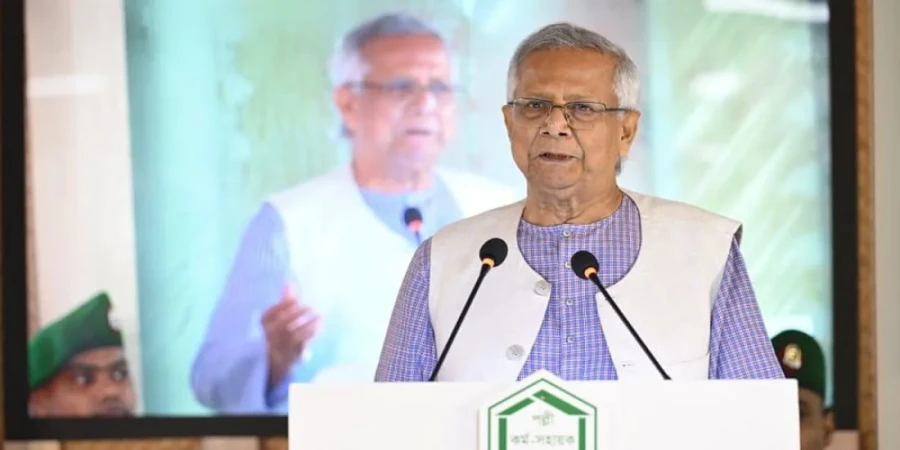
ছবি: -Collected Photo
Dhaka, Bangladesh – The Election Commission (EC) has indicated that it will wait for the court’s decision regarding the boundary dispute in Faridpur before moving forward with any administrative steps. Senior Secretary of the Election Commission, Akhtar Ahmed, made this statement on Tuesday, September 17, while addressing reporters at the EC Secretariat.
Ahmed confirmed that the Commission has already received an official letter from the Deputy Commissioner of Faridpur concerning the issue. However, as the matter is now pending before the High Court due to a filed writ petition, he emphasized that the Commission should not take any independent decision before the court delivers its judgment.
“The Election Commission has received the letter from the Deputy Commissioner of Faridpur regarding the boundary matter,” Ahmed said. “Since a writ petition on this issue is already under consideration by the High Court, it would be appropriate to wait until the court reaches a resolution.”
The boundary dispute in Faridpur has drawn attention in recent weeks, particularly because of its potential implications for administrative jurisdiction and electoral arrangements. The EC’s cautious stance underscores its intention to avoid any conflict with judicial proceedings. According to officials, this approach ensures that the Commission’s activities remain consistent with the rule of law and constitutional provisions.
Legal experts suggest that once the High Court delivers its verdict, the Commission will then be able to align its policies and administrative measures accordingly. Until then, any attempt to redraw or alter boundaries might create complications, especially with local governance and voter demarcation.
The Senior Secretary’s statement reflects the EC’s broader position of adhering strictly to legal frameworks when it comes to sensitive matters such as constituency boundaries. Election officials often face pressure to address local demands quickly; however, in cases where disputes escalate into legal battles, the Commission traditionally defers to judicial authority.
Faridpur, a key district in central Bangladesh, holds political and administrative significance. Any changes to its boundaries are likely to affect local governance structures and electoral mapping, which is why the matter has gained visibility both within the administration and among the public.
Ahmed also noted that such disputes are not uncommon, and the Commission has previously handled similar cases by waiting for judicial direction. “We want to proceed in a manner that upholds fairness and transparency,” he said, reiterating the Commission’s commitment to impartiality.
The Election Commission Secretariat has confirmed that it will continue monitoring developments while maintaining communication with the relevant authorities in Faridpur. In the meantime, administrative operations in the district remain unchanged, and officials are expected to comply with existing boundaries until further notice from the judiciary.
The Commission’s decision to defer action until the court rules is seen as a way to minimize controversy. Analysts observe that this measured approach could help maintain public confidence in the EC’s neutrality, particularly ahead of future electoral processes.
As the High Court deliberates on the writ petition, stakeholders in Faridpur await clarity on how the district’s boundaries will be defined. Once the court issues its ruling, the Election Commission is expected to take the necessary steps to implement the decision in line with constitutional and administrative requirements.
For now, the EC’s message remains clear: the authority to settle the Faridpur boundary dispute lies with the judiciary, and the Commission will act only after the court provides its verdict.
repoter





